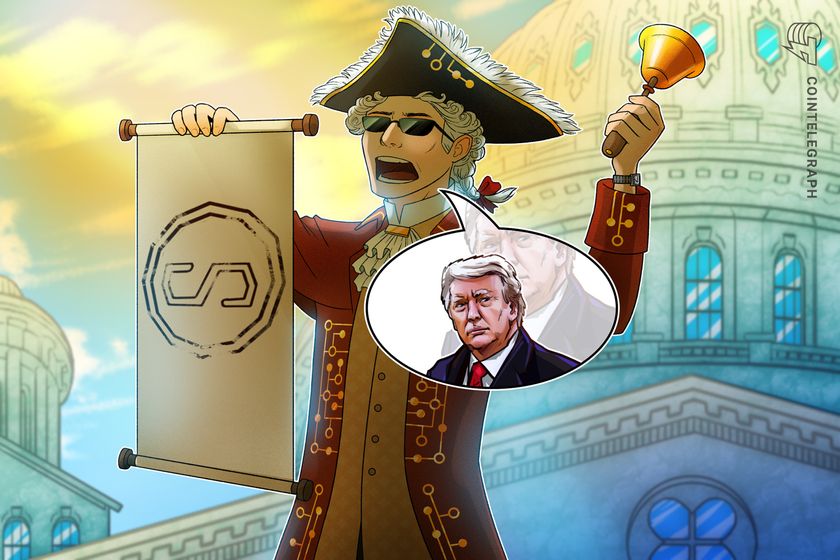

Michael Saylor’s Strategy has acquired over $500 million worth of Bitcoin as institutional interest and exchange-traded fund (ETF) inflows make a comeback.
Strategy acquired 6,911 Bitcoin (BTC) for over $584 million between March 17 and March 23 at an average price of $84,529 per coin, according to a March 24 filing with the US Securities and Exchange Commission (SEC).
Source: US SEC
Following the latest acquisition, the company now holds more than 500,000 Bitcoin, with a total of 506,137 Bitcoin acquired at an aggregate purchase price of roughly $33.7 billion and an average purchase price of approximately $66,608 per Bitcoin, inclusive of fees and expenses.
The milestone comes a day after Strategy co-founder Michael Saylor hinted at an impending Bitcoin investment after the company announced the pricing of its latest tranche of preferred stock on March 21.
The preferred stock was sold at $85 per share and featured a 10% coupon. According to Strategy, the offering should bring the company approximately $711 million in revenue.
Related: Michael Saylor’s Strategy to raise up to $21B to purchase more Bitcoin



